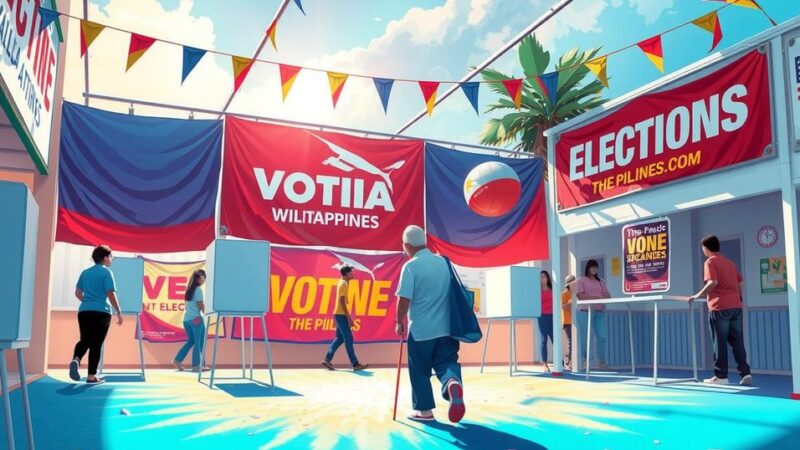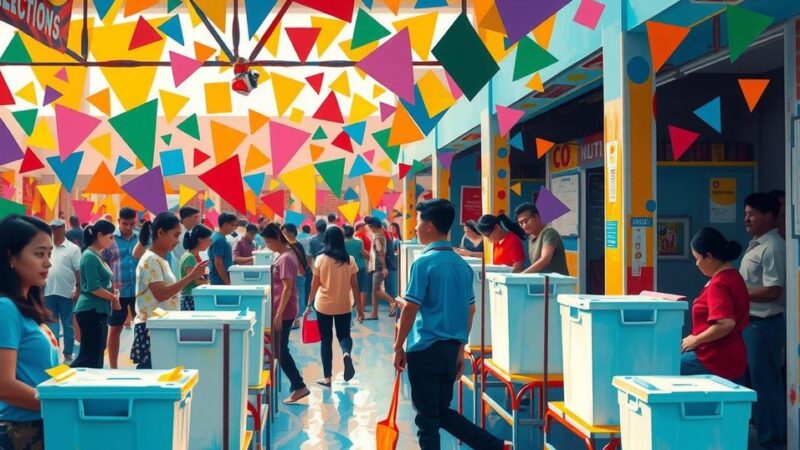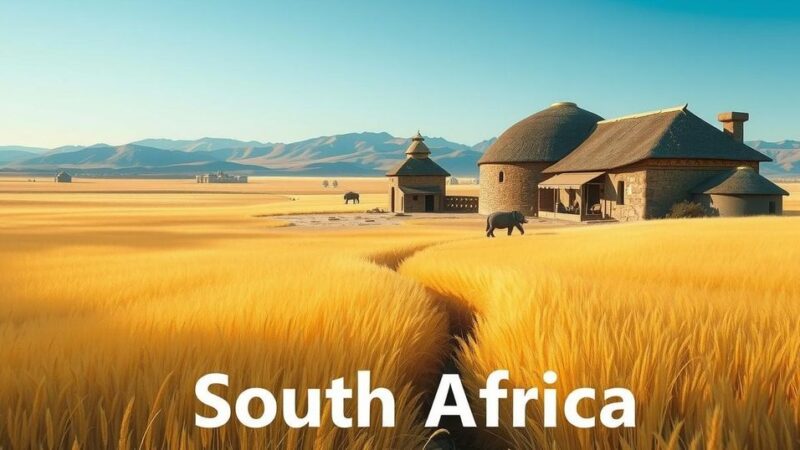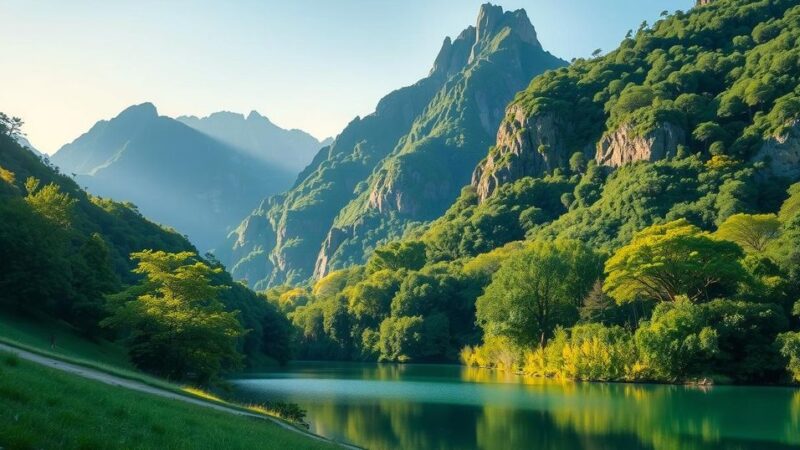Bolivia’s presidential elections are set for October, with President Luis Arce seeking reelection amidst various challenges. Opposition candidates compete in a heated atmosphere, and the significance of indigenous voices is rising. The elections may lead to crucial political shifts in the country.
Bolivia is heading toward a critical electoral moment, as citizens prepare to cast their votes in the upcoming presidential elections. The elections are scheduled for late October this year, in a politically charged atmosphere as various parties vie for power amidst economic and social challenges. The outcome may significantly impact Bolivia’s trajectory, especially given the diverse political landscape that includes both traditional parties and emerging movements.
Incumbent President Luis Arce, representing the Movimiento al Socialismo (MAS) party, is seeking reelection. His leadership has been a subject of scrutiny, especially due to the nation’s economic recovery efforts post-pandemic. Meanwhile, the opposition is rallying behind various candidates, hoping to capitalize on public dissatisfaction with current conditions.
Former President Evo Morales, though not on the ballot this time, continues to wield influence as a prominent figure in Bolivian politics. Morales’ policies and style continue to resonate with many voters, which complicates Arce’s efforts for a second term. Campaigns are ramping up, and the political discourse is becoming heated as candidates strive to gain traction.
Interestingly, the electoral climate is further complicated by local social issues, including indigenous rights and economic disparity. The voices of indigenous communities, often marginalized in past political narratives, are more pronounced, pushing candidates to address their needs and grievances. This has resulted in a seismic shift in how campaigns are conducted, with many candidates adapting their messages to resonate with these groups.
Voter turnout is projected to be higher than usual, reflecting growing political engagement among Bolivians. Polling data shows a competitive race, with several candidates vying for the top spot. This election is perceived as a referendum on the current administration’s handling of the economy and social policies, leaving voters with much at stake.
As the election date approaches, candidates will need to fine-tune their strategies. Every campaign event, debate, and social media interaction holds the potential to sway public opinion. The stakes are high as the country braces itself for a potentially transformative electoral outcome that could redefine Bolivia’s political landscape moving forward.
As Bolivia approaches its presidential elections, scheduled for this October, the political atmosphere is increasingly tense and charged. With incumbent President Luis Arce seeking reelection amidst various challenges and a competitive opposition landscape, this election appears to be a critical juncture. The importance of indigenous voices and their political engagement add another layer to the already complex dynamics, making voter turnout crucial. Ultimately, the results may not only influence the country’s immediate future but also set the tone for Bolivia’s long-term political trajectory.
Original Source: www.goshennews.com






